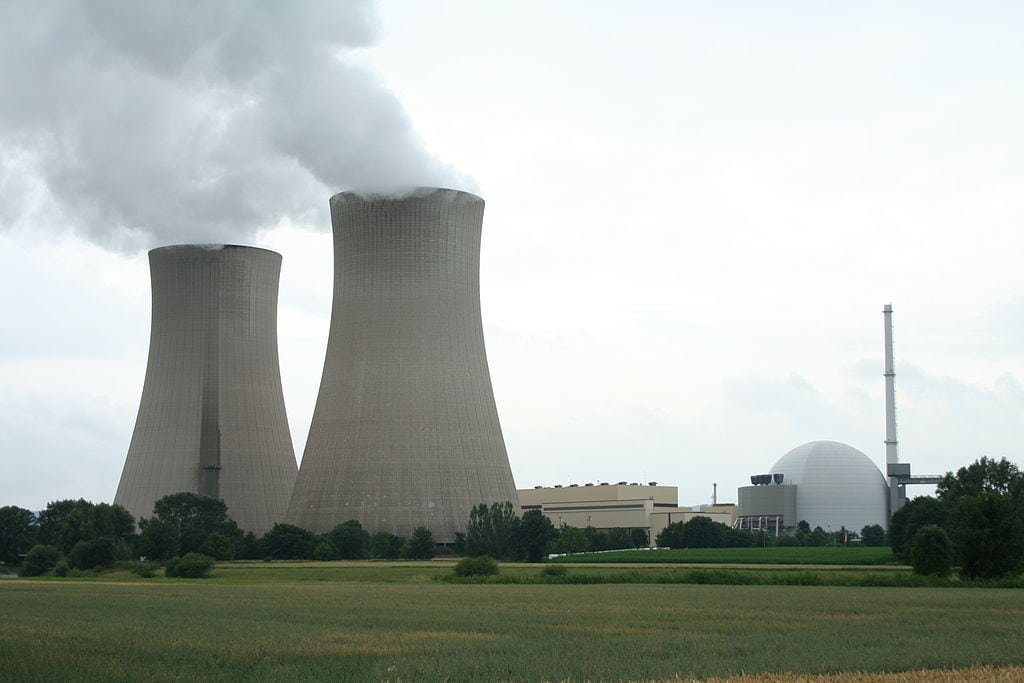Germany Must Pay Nuclear Firms Compensation for 2011 Shutdown
Germany’s highest court ruled on November 6 that energy firms E.ON, RWE, and Vattenfall have a right to seek compensation as a result of the 2011 decision to prematurely shut down the country’s nuclear fleet.
The Merkel government’s order in the wake of the Fukushima disaster, in which three Japanese reactors melted down as a result of damage from a 9.0 earthquake and tsunami, was deeply controversial and continues to reverberate across Germany’s energy landscape. Eight of the nation’s oldest 17 nuclear reactors were shut down immediately, with the others slated for retirement by 2022 (Figure).

Abrupt Turnaround
The German Constitutional Court said the order itself was legal, but because it impacted the companies’ property rights in their plants, the government was obligated to pay compensation. Part of the decision was based on agreements the government had reached with the firms a few months earlier to extend lifetimes for the reactors well beyond 2021.
At the time, German Chancellor Angela Merkel said the life extension was necessary because Germany’s renewable generation was not ready to shoulder the extra load if the plants shut down on schedule. Yet after the March 2011 earthquake, the government abruptly reversed course, and by July finalized a new package of bills to make a full exit from nuclear generation.
The decision spurred additional growth in renewables, but also threw a lifeline to its coal fleet, which has had to replace much of the lost generation. Partly as a result, Germany’s carbon emissions—after falling for decades—have been mostly flat: The country emitted 906 million metric tons of CO2-equivalent in 2009 and 912 million metric tons in 2015, according to official government figures.
Big Price Tag
After failing to stop the retirement plan, E.ON, RWE, and Vattenfall sought compensation, saying they should not be forced to shoulder the entire cost.
No amount was set by the decision. The court instead ordered the government to address the issue in further legislation by June 30, 2018. The firms are seeking €19 billion but the actual amount is likely to be less than that, observers suggest. Much of the money may ultimately go into a €23.6 billion fund being set up to support future storage of nuclear waste by the government as the nation’s nuclear plants are retired. That scheme is not yet final, and the shape of it is likely to be affected by the November 6 decision.
—Thomas W. Overton, JD is a POWER associate editor (@thomas_overton, @POWERmagazine).